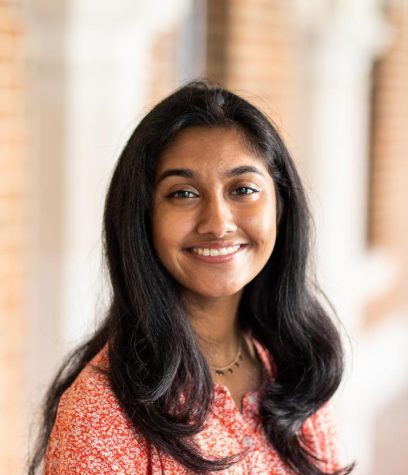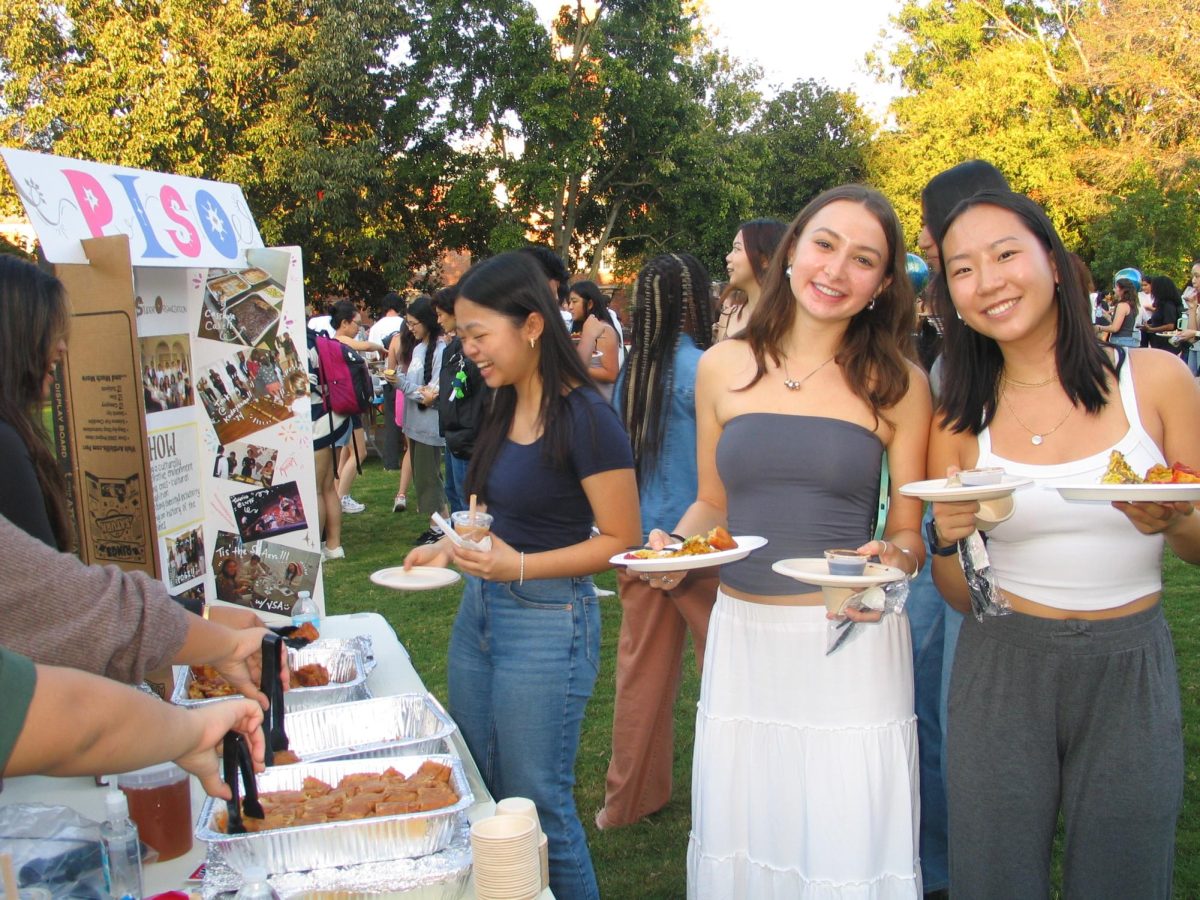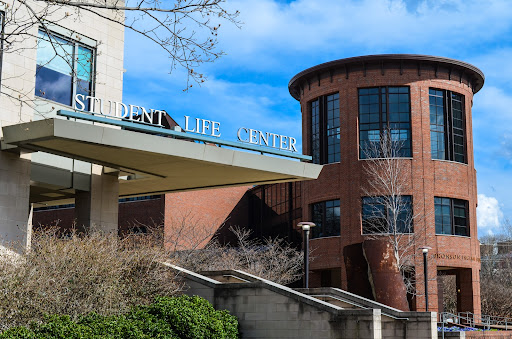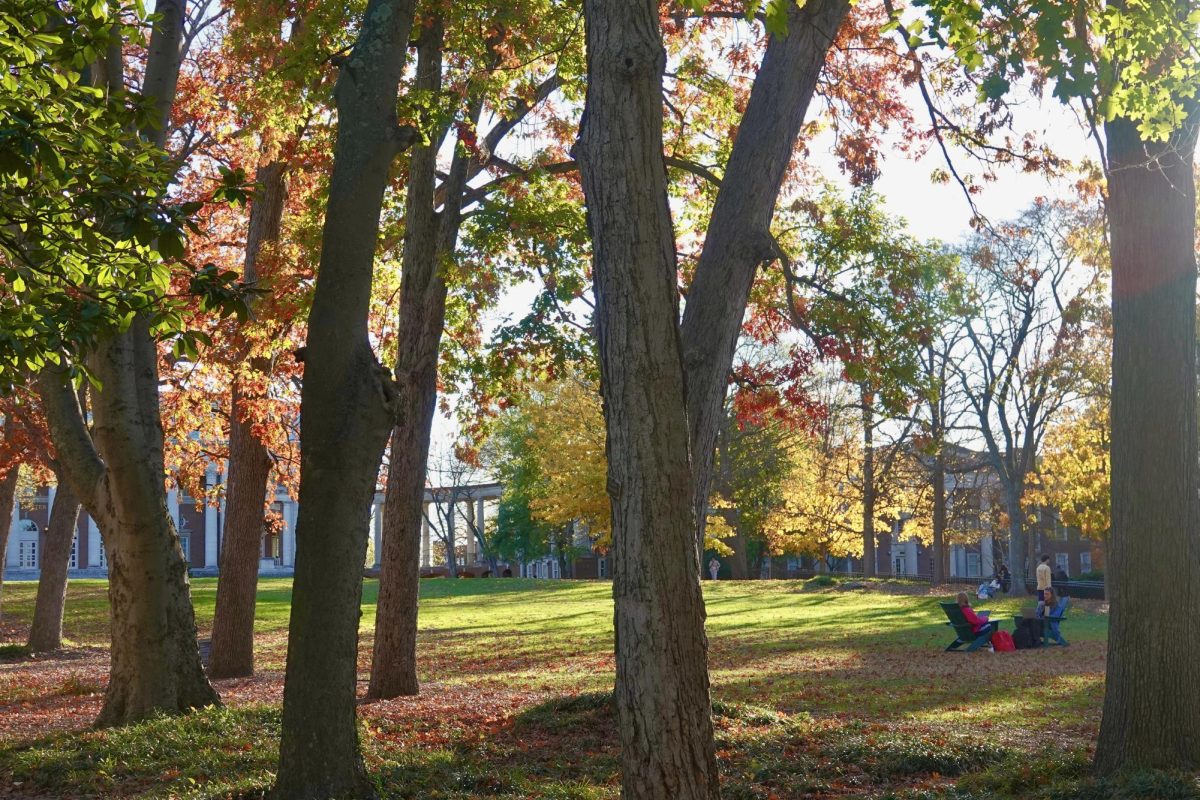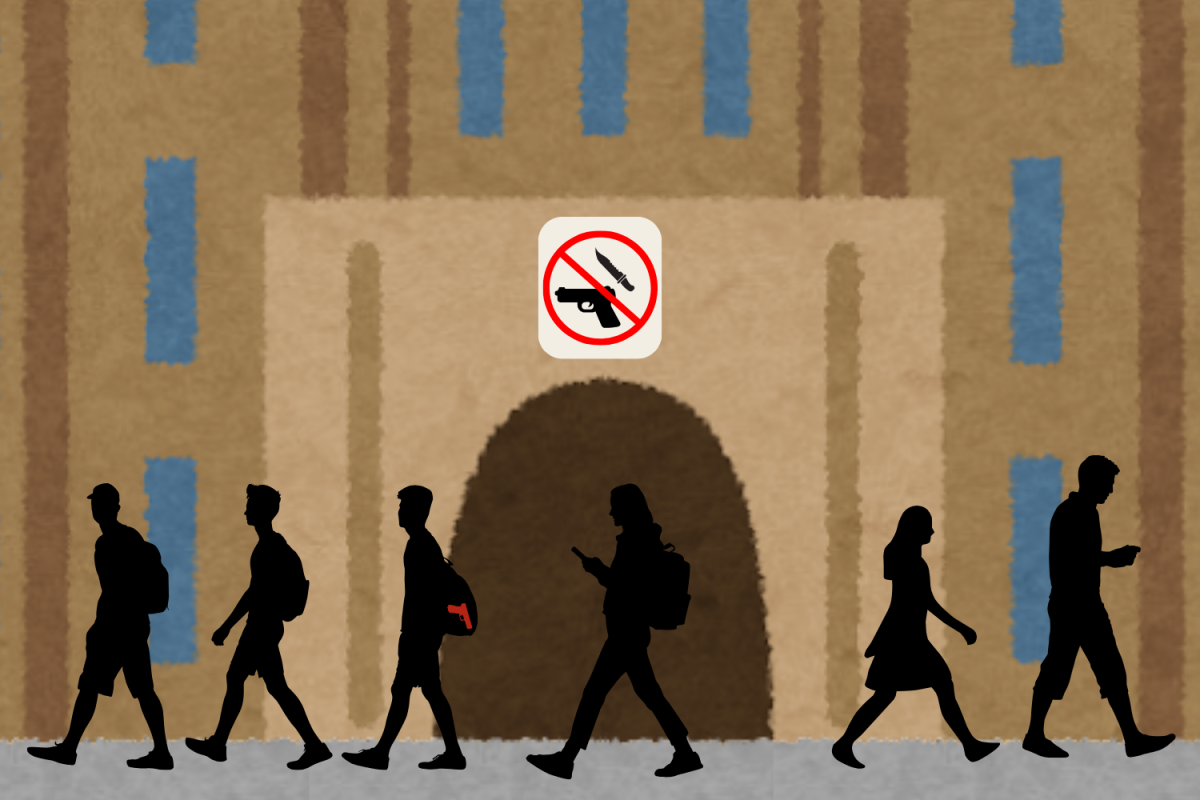Ben Tran, associate professor of Asian studies and English, Jonathan Metzl, professor of medicine, health and society and Sophie Bjork-James, assistant professor of anthropology, led a panel titled “U.S. Gun Violence & Asian Americans” on Feb. 1. The talk centered on recent mass shootings in California and their relation to mental health, hate crimes and race relations.
First-year Owen Cai said that the discussion helped him better understand the complexities of gun violence in the United States.
“There was a lot of discussion about the nuances of gun violence in general and factors to consider when pushing for change. Overall, the event definitely made me push back against the sometimes-overwhelming feeling that gun violence is an inevitable reoccurrence,” Cai said.
The faculty panel began with a focus on the nature of race-on-race crime, as the perpetrators in both Monterey Park and Half Moon Bay were two elderly Asian-Americans that targeted members of the AAPI community. Bjork-James attributed this to a variety of factors, including the increasing rate of gun ownership within the AAPI community, fears of racism and harassment and increasing isolation and lack of resources for the elderly population.
“There’s this kind of perfect storm for potential violence to take place,” Bjork-James said.
All three professors discussed the increasing rates of gun ownership in the Asian American community, predicting the trend to continue. They identified the National Rifle Association’s targeted advertising in recent years as a potential factor.
“George Floyd gets murdered and the NRA starts blasting advertisements into black communities, like, ‘the cops aren’t going to protect you, safety is on you.’ Gun sales went up because of this marketing?, because of real fear, because of real safety,” Metzl said. “Now, black gun owners are among the strongest, most quickly growing population of gun owners in this country. I think the same thing is going to happen with AAPI communities.”
Tran, introduced the discussion of obstacles that Asian Americans face in the U.S., describing the lack of mental health resources for the elderly American population. He also explored the significance of the target communities of these shootings, places of work and leisure for Asian Americans, comparing this to a shooting at an Atlanta spa in 2021.
“These are spaces where the immigrant working class is coming together for self care, for enjoyment for leisure, right to dance, they’re dancing their way out. These are public human spaces that are being threatened by these individual acts of violence,” Tran said.
Tran further raised the idea of mass shootings being a uniquely American phenomenon, which Metzl brought to light in the context of race-on-race crime.
“It’s actually more terrifying, the fact that this American phenomenon is spreading beyond just white shooters, because it just shows the way this ethos is spreading,” Metzl said. “I also think it’s important not to fall into the trap of saying because it’s an Asian American shooter, it’s not a hate crime. Asian American shooters can commit hate crimes against Asian Americans.”
A major issue in the response to hate crimes such as these, according to Bjork-James, is lack of documentation. Bjork-James explained that, while the FBI is required to report a number of hate crimes every year, local police departments often report zero, due to a lack of training or not wanting to file extra paperwork.
“The only real response is for affected communities to organize together to track how much hate activity is occurring, and to provide support for impacted communities. It’s really a collective problem and a collective solution,” Bjork-James said.
First-year Naomi Letson attended the panel as part of an Asian American studies class and said that while the discussion was compelling, there is still much to be done about gun violence.
“As a country, we’ve reached a point at which we are more surprised than not if a few days pass without news of another mass shooting. When will it stop, and where do we go from here?” Letson said.
Cai added that the panel helped frame potential solutions to these issues.
“It feels daunting to me, but events like these and the actual shootings are solemn reminders that we each have to continue searching for ways to positively improve upon the greater framework we live in,” Cai said.



